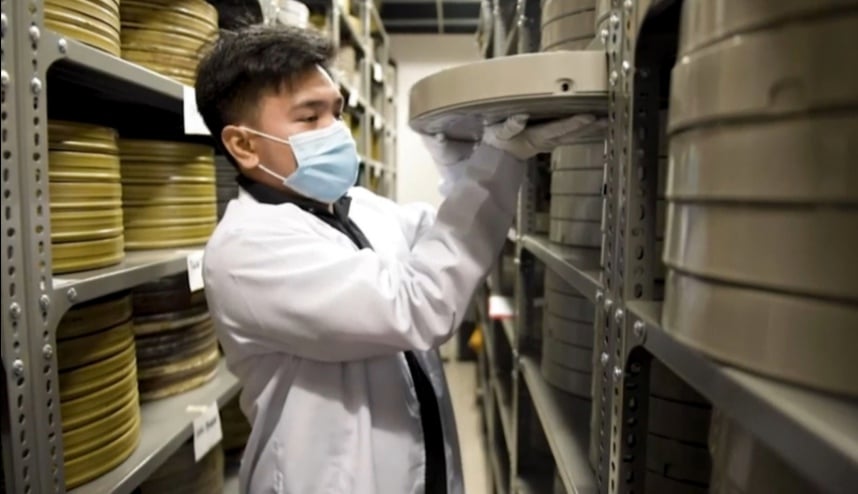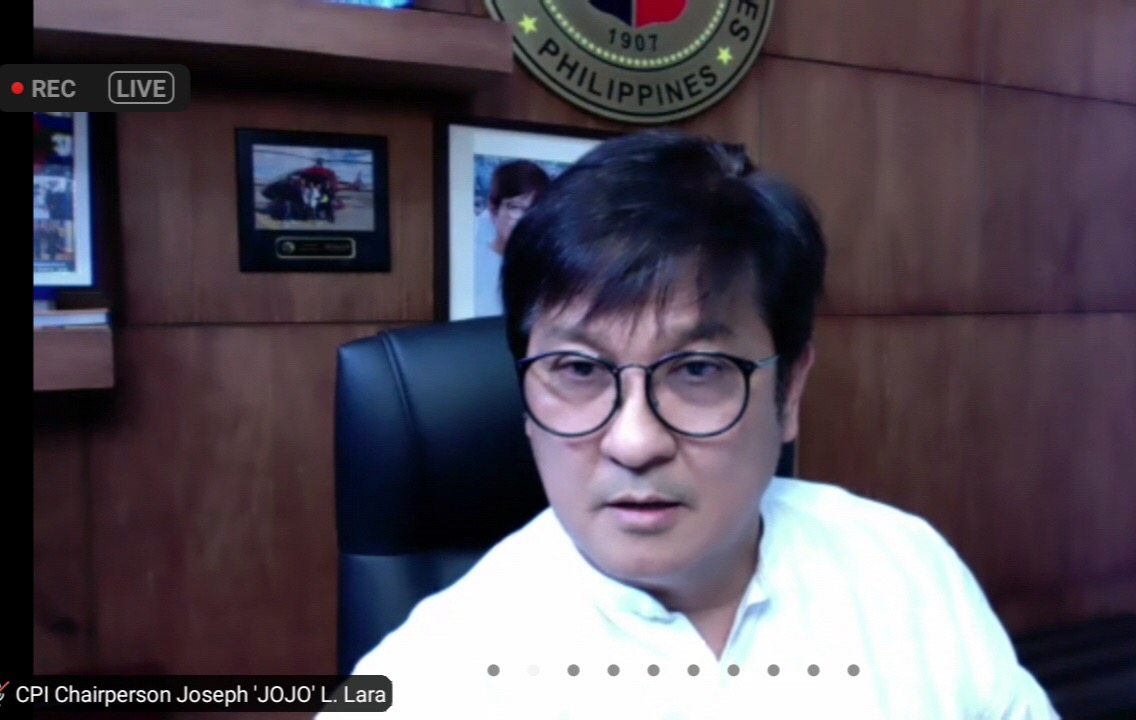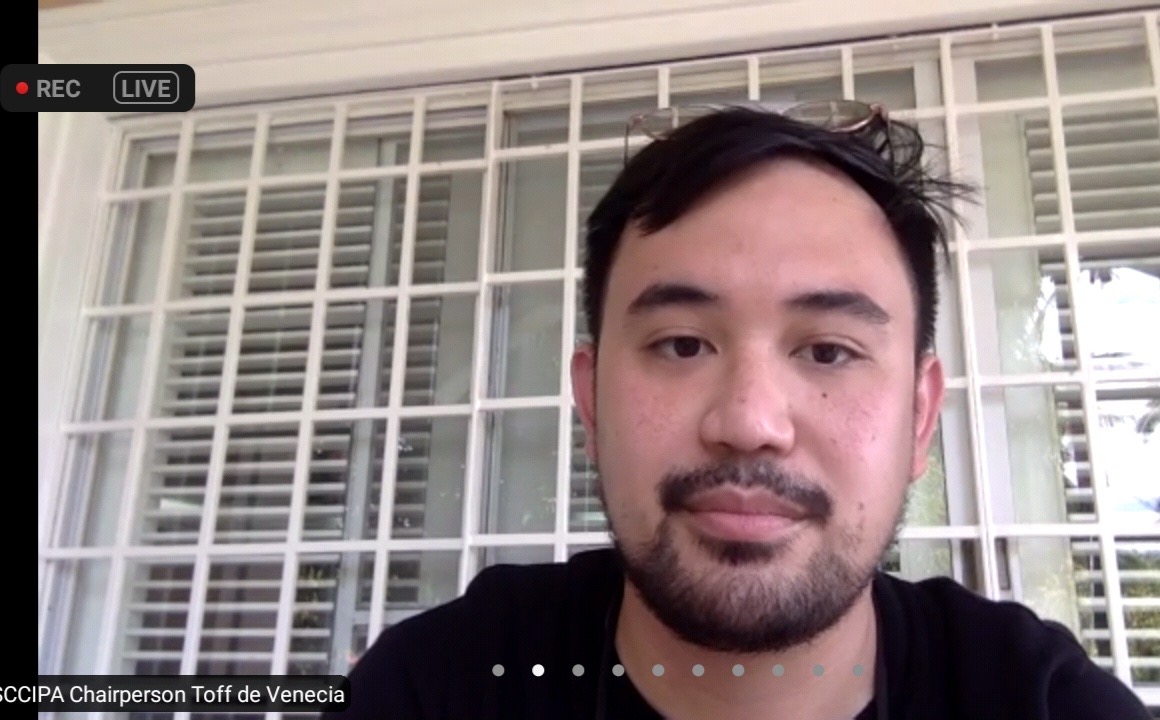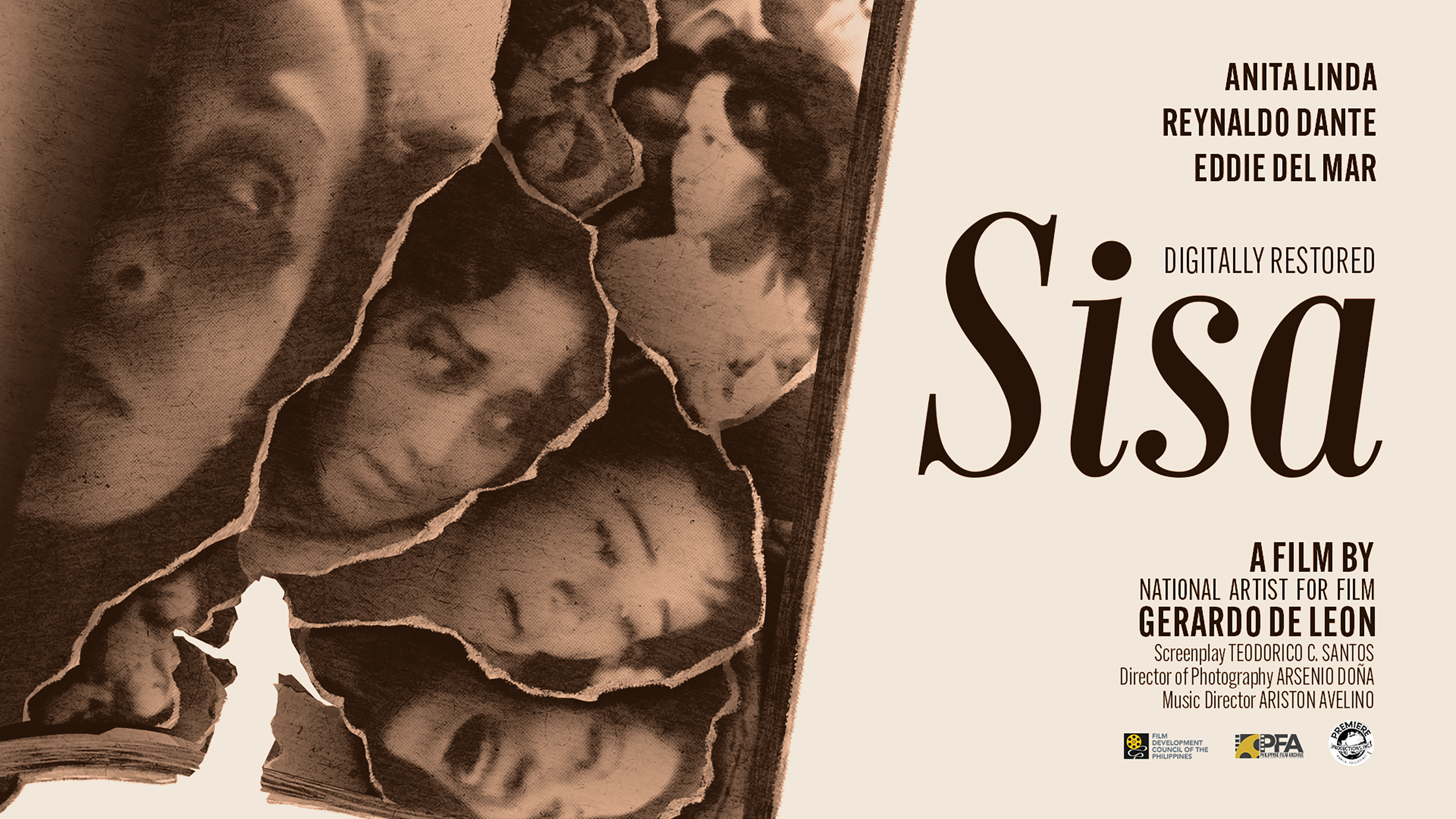FDCP Philippine Film Archive Secures Membership in International Federation of Film Archives

MANILA, PHILIPPINES, MAY 10, 2021 — Filipino film archiving recently marked a milestone when the Philippine Film Archive (PFA), a division of the Film Development Council of the Philippines (FDCP), became an Associate Member of the International Federation of Film Archives (FIAF).
Founded in 1938, the FIAF is dedicated to the preservation of and access to the world’s film heritage. As of April 2021, it has 171 member institutions from 79 countries in its community that champions film preservation.
The PFA has been participating in FIAF events as an observer, and its membership application was only approved in November 2020 after years of upgrading systems, streamlining processes, and fulfilling requirements to become a functioning film archive.
The FDCP PFA was formally introduced as a member by the FIAF Executive Committee during the General Assembly on April 22, which was attended by FDCP Chairperson and CEO Liza Diño and PFA Head Don Gervin Arawan.
“The journey to become a FIAF member is worth it. The PFA, which exerted efforts to comply with FIAF’s rigid requirements, has finally gained increased access to best practices and knowledge sharing from the world’s leading non-profit archiving institutions,” said Diño.
The PFA’s FIAF membership was lauded by industry stakeholders, including acclaimed film historian and scholar Nick Deocampo and director, curator, and archivist Teddy Co.
Deocampo expressed his congratulations in Diño’s Facebook post, adding that “Our film heritage needs a lot of archival support.” Co, a former National Commission for Culture and the Arts (NCCA) Commissioner of the Arts and Head of National Committee on Cinema, commented: “We’ve lost so many films already, but now the Film Archives will take the lead in preserving our valuable film heritage.”
Aside from the FIAF, the PFA is a member of the Southeast Asia-Pacific Audiovisual Archive Association (SEAPAVAA). With more than 23,000 elements in its collection, the PFA is involved in the acquisition, preservation, and storage of film and audiovisual elements; digitization of the archive; promotion of archiving through activities and programs; and provision of public access to the archive.
The creation of a national film archive
On the homefront, archiving efforts gained progress as well at the April 16 initial deliberations of the House of Representatives on the proposed act for creating a national film archive to be managed by the FDCP. This was attended by Diño and Arawan.
House Committee on Public Information Chairman and Cagayan 3rd District Rep. Joseph Lara and House Special Committee on Creative Industry and Performing Arts Chairman and Pangasinan 4th District Rep. Christopher de Venecia approved the creation of a Technical Working Group (TWG) that will craft the substitute bill to five proposals calling for the creation of the National Film Archive of the Philippines.


Rep. Lara said that the committee “recognizes the important role of audiovisual and cinematographic works in the preservation of our culture and heritage as well as the need to safeguard them” while Rep. de Venecia remarked that “preservation and archiving are linked to our national identity and they safeguard historical moments.”
Around 65 percent of the country’s cinematic heritage of over a hundred years has been lost or destroyed, and what is left that is unpreserved is exposed to deterioration and damage on a daily basis.
Proponents of film restoration note the urgency to save more Filipino films because they contribute greatly to our artistic, cultural, and historical heritage. The National Cultural Heritage Act of 2009 (Republic Act No. 10066) calls for the preservation of audiovisual and cinematographic works as cultural properties.
Film archiving is part of the FDCP’s mandate, and the national film agency wishes for the PFA to be institutionalized so that more funds can be appropriated for the protection of the Filipino cultural heritage.
“The FDCP is humbled to be given the opportunity to find institutional partners who can help us continue with our archiving mission,” said Diño. “As there are more milestones to achieve, we are seeking additional funding because a greater budget for archiving will help sustain and expand the programs and initiatives that are already in place.”
Apart from the continuous upgrading of systems and the preparation to build a permanent archiving facility, the PFA has to carry on with its restoration efforts even during the COVID-19 pandemic. Among its top priority projects are works by National Artists for Film. The PFA Collection currently has 47 films by National Artists, seven of which have been restored.





